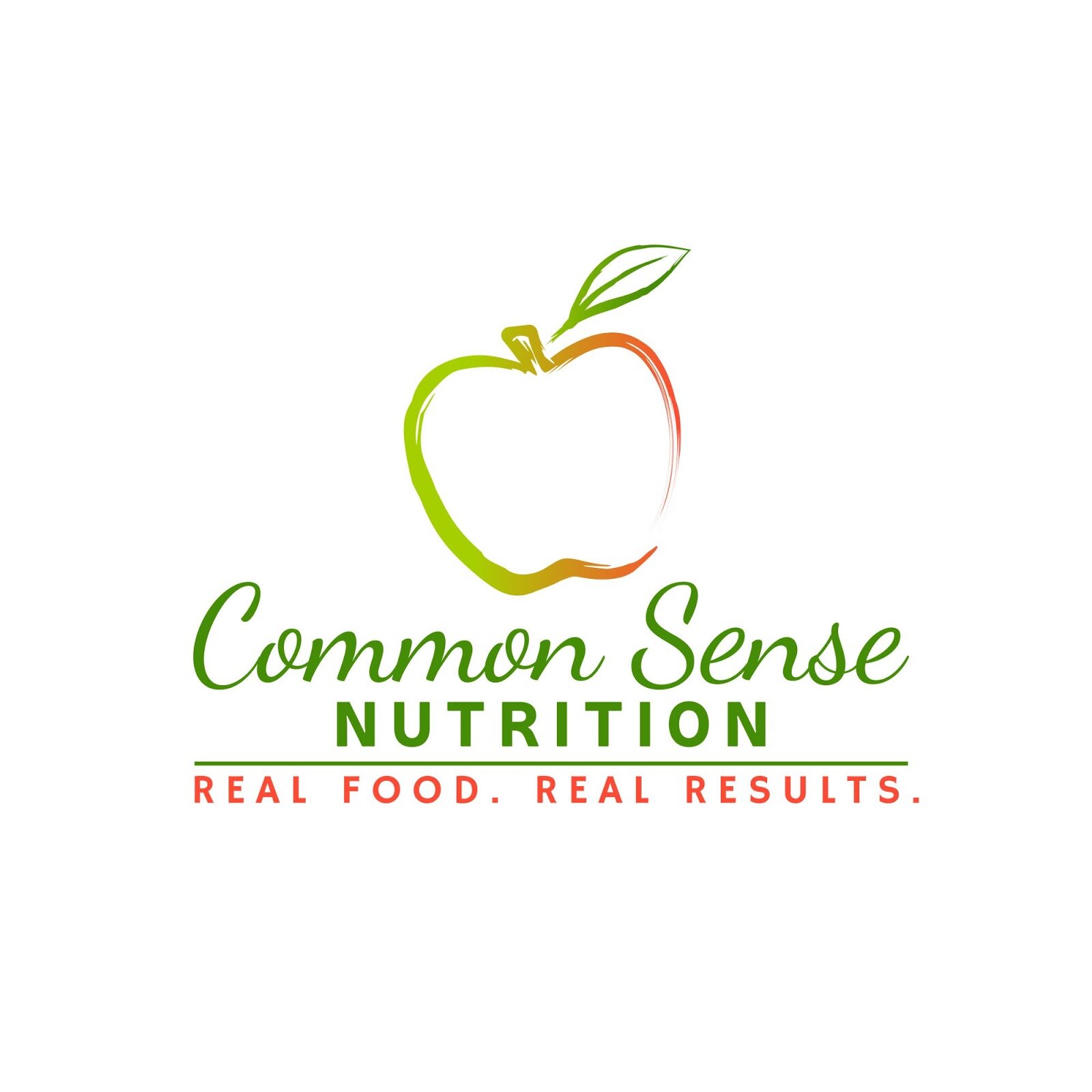Diagnosed with Osteoporosis? What Do You Do Now?

You’re not alone. Over 10 million Americans have osteoporosis and another 44 million people have low bone density. I was shocked when I got my diagnosis at 50. Then I decided to do something about it.
It’s never too late to improve bone health.
In the fight against dangerous bone fractures, nutrition, lifestyle interventions, and targeted supplementation are powerful tools.
To stay strong, our skeletal system undergoes constant remodeling. Like how a house needs remodeling over time. The old bone makes way for the new bone. But without the raw materials to build new bone, the body isn’t able to keep our bones strong. Imagine remodeling a bathroom with cheap products. It won’t last long.
Here are some of my top bone health tips:
Eat a mostly whole-food diet
Avoid foods with hard-to-pronounce ingredients
Avoid highly processed foods because they do not contain the nutrients your bones crave.
Avoid sugary foods because they cause the body to lose calcium through the urine
Avoid soft drinks
Avoid excessive alcohol
Avoid excessive caffeine
Strive for 4-5 servings of vegetables a day
Make sure you are getting enough high-quality protein, especially if over 60.
Eat calcium-rich foods such as yogurt, salmon, and green leafy vegetables
Eat vitamin-C-rich foods such as oranges and peppers
Supplement with vitamin D (but not too much!), K2, calcium, magnesium, vitamin C, and other target nutrients
Exercise daily, including weight-bearing exercise
Get enough sleep
Manage stress
Learn which prescribed medications can weaken your bones. Examples include glucocorticoids (also known as steroids), anti-seizure meds, and some high blood pressure meds
Recognize the importance of stomach acid in your body’s ability to absorb key nutrients
Many of these suggestions seem obvious. But the typical American diet does not provide all the vitamins and minerals needed to support bone health.
All living things need food. Your bones are living things. Make sure your bones are being fed the things they need to stay strong.
These days, many of us are stressed out and sleep-deprived.
Not getting enough sleep is bad for your bones. Americans are getting less sleep than earlier generations. Sleep is the time when your skeletal system is busy rebuilding itself. Poor sleep can lead to weak bones. Try to sleep at least 7-8 hours a night.
It is possible to do all the right things and eat the right foods and still have low bone density. How can that be? As we age, our bodies produce less stomach acid. Our bodies need strong stomach acid to break up our food so that nutrients are released and then absorbed. Many people take medications to lower their stomach acid. The aging process also lowers stomach acid. It’s possible to eat right and still have weak bones. If stomach acid is too low, many needed vitamins and minerals won't get into the skeletal system.
Good news! There is a test you can do at home to check your stomach acid levels. It's not as reliable as tests available through your doctor. But it may give you some valuable information. The test is based on a simple reaction between baking soda and stomach acid. When placed together, they should produce carbon dioxide. CO2 makes you burp! Here are the easy steps for testing stomach acid:
Test your stomach acid first thing in the morning, before eating or drinking anything.
Mix ¼ teaspoon of baking soda into a glass of 4 ounces of cold water
Drink down in one gulp
Wait for the burps!
Ideally, you should burp within 2-3 minutes.
After 5 minutes, stop
Take the test on 3-5 consecutive mornings to get the most reliable results
Remember that the burp test is not as reliable as a doctor’s test
If you have low stomach acid, don’t worry! You can increase your stomach acid with the use of old-fashioned “bitters.” Fermented vegetables such as pickles, sauerkraut, and kimchi are also helpful. Other foods include apple cider vinegar and ginger.
References:
Loveleafco. (2021). How to Take the Baking Soda Stomach Acid Test for Digestion. https://loveleafco.com/baking-soda-stomach-acid-test/
National Osteoporosis Foundation. Osteoporosis Fast Facts. https://cdn.nof.org/wp-content/uploads/2015/12/Osteoporosis-Fast-Facts.pdf
Swanson, C. M., Kohrt, W. M., Buxton, O. M., Everson, C. A., Wright, K. P., Jr, Orwoll, E. S., & Shea, S. A. (2018). The importance of the circadian system & sleep for bone health. Metabolism: clinical and experimental, 84, 28–43. https://doi.org/10.1016/j.metabol.2017.12.002://www.ncbi.nlm.nih.gov/pmc/articles/PMC5994176/
Disclaimer
The included information is not meant to or should not be used to replace or substitute medical treatment, recommendations, or the advice of your physician or health care provider. The information contained within is strictly for educational purposes and is based on evidence-based nutrition. If you believe you have a medical problem or condition, please contact your physician or healthcare provider.
